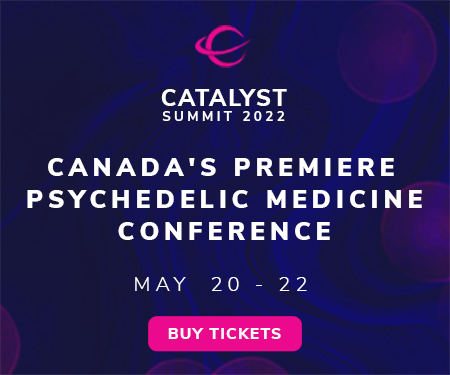Those of us interested in the psychedelic space from business, medical, or financial perspectives might very well be new here. We may have been aware of the substances in passing, but had no knowledge of the culture surrounding them. On the other hand, we may have also experienced them, as so many do, in a social setting, at a music festival, a club, or somewhere generally accepting but very public. Those who have are aware that, sadly, the experience is not always within the psychedelic user’s control in these settings. That’s where the Zendo Project’s harm reduction approach makes a difference.
Taking its name from the meditation halls of Zen Buddhism, this volunteer-based derivative of MAPS (The Multidisciplinary Association for Psychedelic Studies) is located in Santa Cruz, CA, and specializes in harm reduction practices. They provide psychedelic peer support for individuals in crisis during festival or event settings. Through a network of psychiatric and medical professionals as well as trained volunteers, Zendo implements strategies to identify individuals in distress as a result of a negative psychedelic experience, commonly referred to as a “bad trip.” Their philosophy, backed by MAPS research and their board of psychologically trained project staff, is that even apparently harmful psychedelic experiences can become powerful opportunities for personal growth and realization when managed correctly. It’s a well thought out program that seems to be paying off in its application, and seems poised to grow in importance as psychedelics move forward.
Goals and General Harm Reduction Information
The Zendo project is the practical application of decades of knowledge and research on the part of MAPS. Their stated aims are to reduce the number of arrests and hospitalizations as a result of psychedelics, to demonstrate that safe psychedelic use is possible without the need for law-enforcement based prohibitionist policies, and to create an environment where volunteers can work alongside one another to receive feedback and training that improves their harm reduction skills. The need for such work is, unfortunately, all too apparent. Psychedelics, as with any substance, can be misused, and the consequences of bad experiences at festivals and events are often tragic.
Their introductory materials offer helpful tips that even relative newcomers to the psychedelic space will recognize from most harm reduction resources. The control over set and setting, referring to the substance, mental state of the user, and location of psychedelic use, are all emphasized, as are the most obvious characteristics of a challenging psychedelic experience. These include anxiety, feelings of isolation or confinement, memory loss, an altered sense of time and space, confusion, disorientation, and fear of losing control.
Zendo Volunteers, Training, and Operations
The Zendo project’s great strengths are its accessible and transparent protocols. Their manual, along with a training video for volunteers, are both available on their website. The volunteer guide is detailed but easy to understand and offers a breakdown of roles in a festival setting. Zendo volunteers operate in their own space at events, coordinated with but separated from the actual medical facilities. This is hardly a new idea. One is reminded of the freakout tents of Woodstock in 1969, where those coming off of bad trips were encouraged to balance their karma by helping those just beginning to suffer. A kind, if disorganized, method. The procedure, as evidenced by Zendo’s focus on acceptance, compassion, and connection, has come a long way.
The first duty of medical volunteers is to assess whether or not the new arrival to the tent is in psychedelic distress, in need of medical attention, suffering from an alternate mental health issue, or perhaps somewhere in between. It’s a heavy responsibility. Occasional interactions with festival medical staff, as well as law enforcement, are necessary. Steps for these are outlined as well. While they do have a full-time psychiatric staff as well as actual medical volunteers stationed at events, shift leaders, and log keepers, the backbone of the Zendo’s work appears to be the sitters. These are the volunteers actually responsible for sitting with those undergoing psychedelic emergencies, listening, and calmly and compassionately reminding them that they are in a safe space for their experience to unfold.
Impressions of the Zendo Project
The greatest possible emotional and physical harm to recreational psychedelic users comes not from the substances themselves, but from their actions when in a panicked state. It is particularly common for first time users to feel overwhelmed. Other psychedelic harm reduction resources also recommend control over set and setting, as well as having another person present to act as a calming influence. In the hectic, loud, and frequently chaotic environs of outdoor music festivals or events, this is a lot more easily said than done. For this reason, Zendo is performing truly necessary work. They’ve laid excellent groundwork for a growing understanding of recreational psychedelics as well as for personal exploration among users. We look forward to speaking with them in greater detail about their procedures, challenges, successes, and failures, and what the future holds.

















